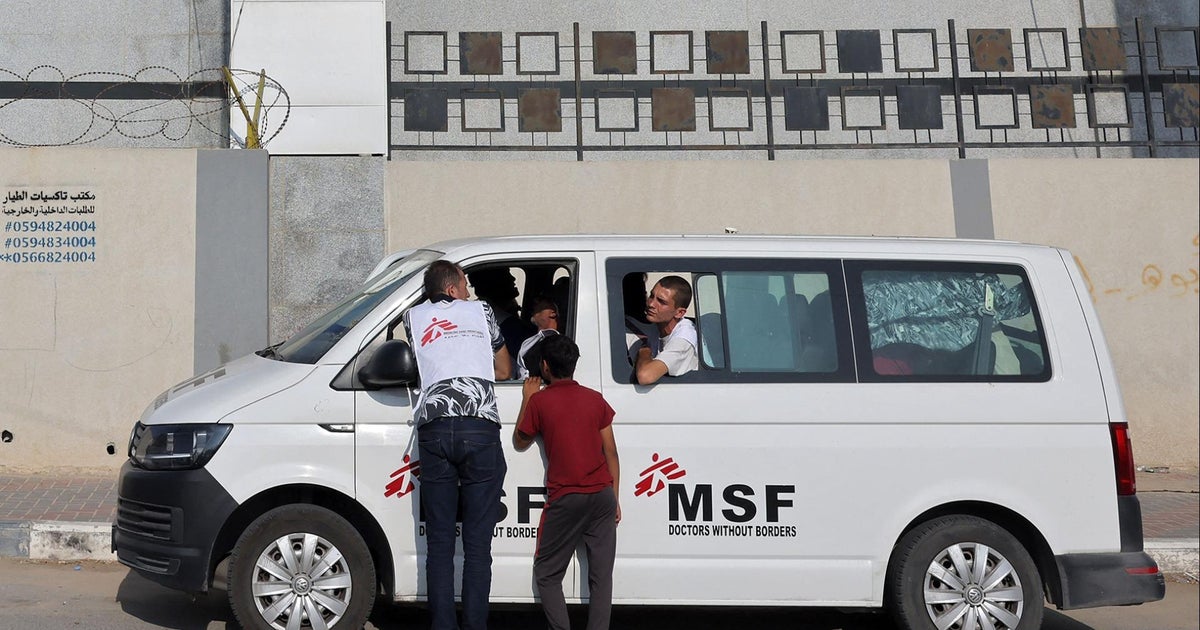Aerial Assault on Doctors Without Borders: A Crisis Unfolds in South Sudan
An aerial bombardment struck a Doctors Without Borders (MSF) medical facility in South Sudan last Thursday, killing at least three staff members and injuring a dozen civilians. The attack, which occurred in the conflict-ridden Upper Nile State, marks one of the most brazen assaults on humanitarian workers in 2024 and raises urgent questions about the protection of medical missions in war zones. Witnesses reported hearing low-flying aircraft before explosions rocked the compound at dawn.
Escalating Violence Against Humanitarian Workers
The bombing represents a dangerous escalation in a region where aid workers already operate under constant threat. According to UNOCHA data, South Sudan recorded 235 violent incidents targeting humanitarian personnel in 2023—a 40% increase from the previous year. The MSF facility served approximately 15,000 people monthly in an area with no other functioning healthcare infrastructure.
“This isn’t just an attack on a building—it’s an attack on the very principle of medical neutrality,” said Dr. Farid Abdul, MSF’s Head of Mission for South Sudan. “When bombers target white tents with red crosses, they’re telling entire communities that nowhere is safe.”
Military analysts suggest the strike may be linked to:
- Ongoing clashes between government forces and rebel factions
- Misidentification of the facility as a military target
- Deliberate strategy to displace civilian populations
The Human Cost of Collapsing Healthcare
Before the attack, the MSF clinic provided critical services including:
- Emergency trauma care for war injuries
- Malnutrition treatment for 300 children monthly
- The region’s only maternal health ward
Now, with the facility reduced to smoldering rubble, local resident Nyabol Deng described the devastation: “My sister was in labor when the bombs fell. The midwives carried her outside bleeding, but where could they go? The roads are mined, the river is patrolled by gunmen.”
International Law and the Protection of Medical Facilities
The Geneva Conventions explicitly prohibit attacks on medical facilities, yet enforcement remains inconsistent. A 2022 study by the International Committee of the Red Cross found that 60% of conflict-related healthcare attacks go uninvestigated. South Sudan’s government has denied responsibility for the bombing, while rebel leaders accuse them of “indiscriminate aerial terror.”
Legal expert Professor Elena Vasquez of the Geneva Institute notes: “The Rome Statute classifies intentional attacks on medical units as war crimes. However, without clear attribution and political will for accountability, these violations become normalized.” Satellite imagery analysis currently underway may help identify the aircraft involved.
Humanitarian Operations at a Crossroads
In response to the attack, MSF has suspended operations across Upper Nile State, leaving 87,000 people without medical access. The decision reflects growing security concerns—since 2017, 24 MSF staff have been killed in conflict zones worldwide. Other aid organizations now face impossible choices:
- Continue operations despite extreme risks
- Withdraw and abandon vulnerable populations
- Demand unprecedented security guarantees
“We can’t operate in an environment where our convoys need armored escorts and our clinics require anti-aircraft warnings,” said UN Humanitarian Coordinator Sara Beysolow. “This attack crosses every red line.”
The Road Ahead: Protection or Retreat?
As investigations continue, the international community faces mounting pressure to respond. The UN Security Council will convene an emergency session, while medical associations worldwide have called for:
- Immediate de-escalation agreements
- Independent war crimes investigations
- Enhanced tracking of military aircraft in conflict zones
Meanwhile, the bombing’s survivors confront a shattered healthcare system. Five critically injured patients require medical evacuation, but nearby hospitals lack capacity. For South Sudan’s civilians—caught between warring factions and vanishing aid—the attack signals a dangerous new phase in the conflict.
To support Doctors Without Borders’ emergency response in conflict zones, visit their official website for verified donation channels and advocacy opportunities.
See more CNN Headline


